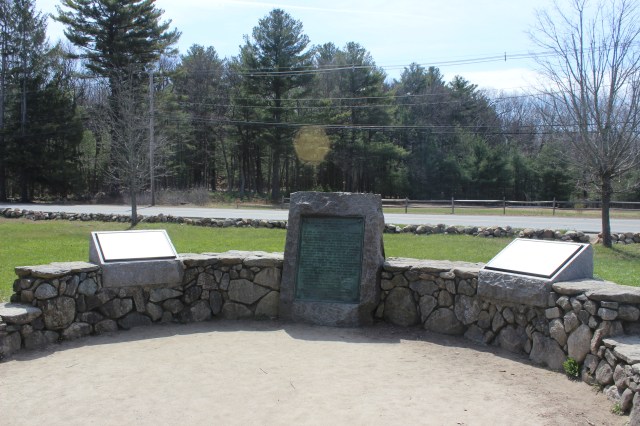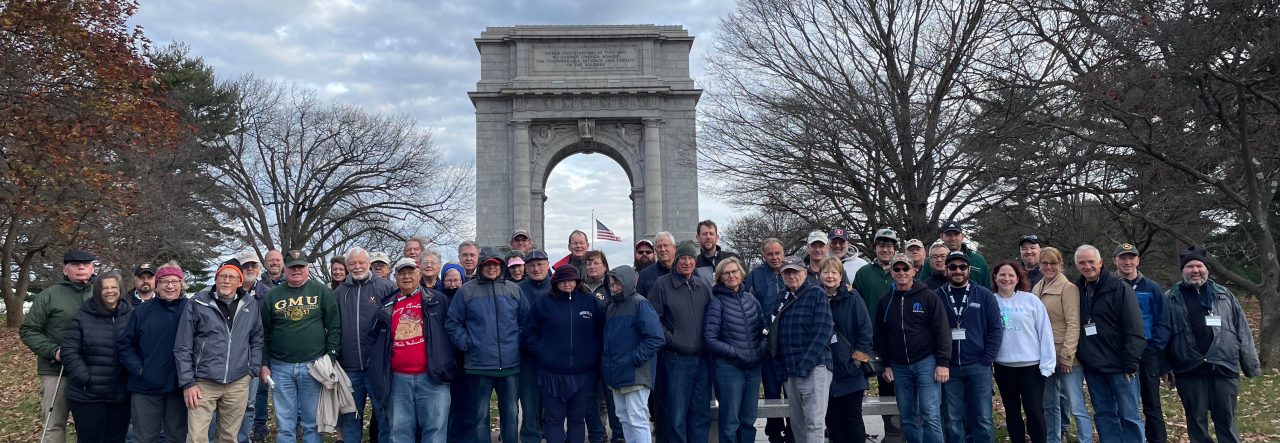Love brought Dr. Samuel Prescott, a practicing physician, to the town of Lexington on the night of April 18, 1775. The young doctor was courting Ms. Lydia Mulliken, when the alarm of the British soldiers marching from Boston went out to the local militia. Lydia’s brother was one of those called to gather.
Love. That emotion also drew Dr. Prescott back toward his hometown of Concord—this time to alert friends, neighbors, and family members of the urgent news of the evening. En route, Dr. Prescott along with Paul Revere and William Dawes, alerted the countryside of the moving British troops. After being vetted and vouchsafed as a true friend of liberty, Dr. Prescott rode posthaste to his hometown, where his word carried greater weight.

After meeting on the outskirts of Lexington, the three riders took the road leading through the town of Lincoln to Concord. On the outskirts of Lincoln, near Hartwell’s Tavern, the triumvirate was approached by four figures on horseback. These were British soldier, sent out ahead of the column to keep word from reaching the towns of the British advance. In the ensuing confrontation, Dr. Prescott, showing superb horsemanship, successfully broke from the road and his pursuers, deftly managing to make it across an open field into the dark woods. Leveraging his knowledge of the local area, Prescott escaped, as did Dawes, leaving Revere behind under temporary British captivity, who would be freed
At approximately 2:00 a.m., Dr. Prescott arrived in Concord with a message that roused the town: the British military was on the march and coming Concord’s way.
The previous day, April 18, excitement aroused as reports filtered to Concord of possible British intentions. The town housed a cornucopia of military supplies, including bronze cannon barrels that secreted out of Boston. With word that the British had their sights on these stores, the militia and powers-to-be in the town began removing them, dispersing them to other Massachusetts boroughs to keep them safe.
Four precious cannons were carted to nearby Stow and another six iron tubes made their way to the fringes of Concord, using whatever seemed safe to stash the armament. Throughout the day and into the dark, wagons creaked along the thoroughfares removing gathered military supplies. The destinations included Acton, whose militia would play a prominent role in the fighting that would erupt on April 19.
Prescott raced on horseback to Acton, as well, to continue to spread the alarm. Samuel also alerted his brother Abel Prescott, Jr. who rode south to warn the towns of Sudbury and Framingham. During his trek back to Concord, British soldiers came into contact with Abel and discharged a round from their muskets. One of the bullets clipped Abel’s side leaving a slight wound.
Love of a fiancee, love of a movement, and brotherly love, helped warn the countryside of the impending British advance. Unfortunately, just like the war that was sparked on April 19, there is tragedy to this account.
Both Prescott men would die before seeing independence achieved. Samuel is believed to have died in 1777 in Halifax, Nova Scotia as a prisoner of war. His brother Abel succumbed to dysentery on September 3, 1775.

